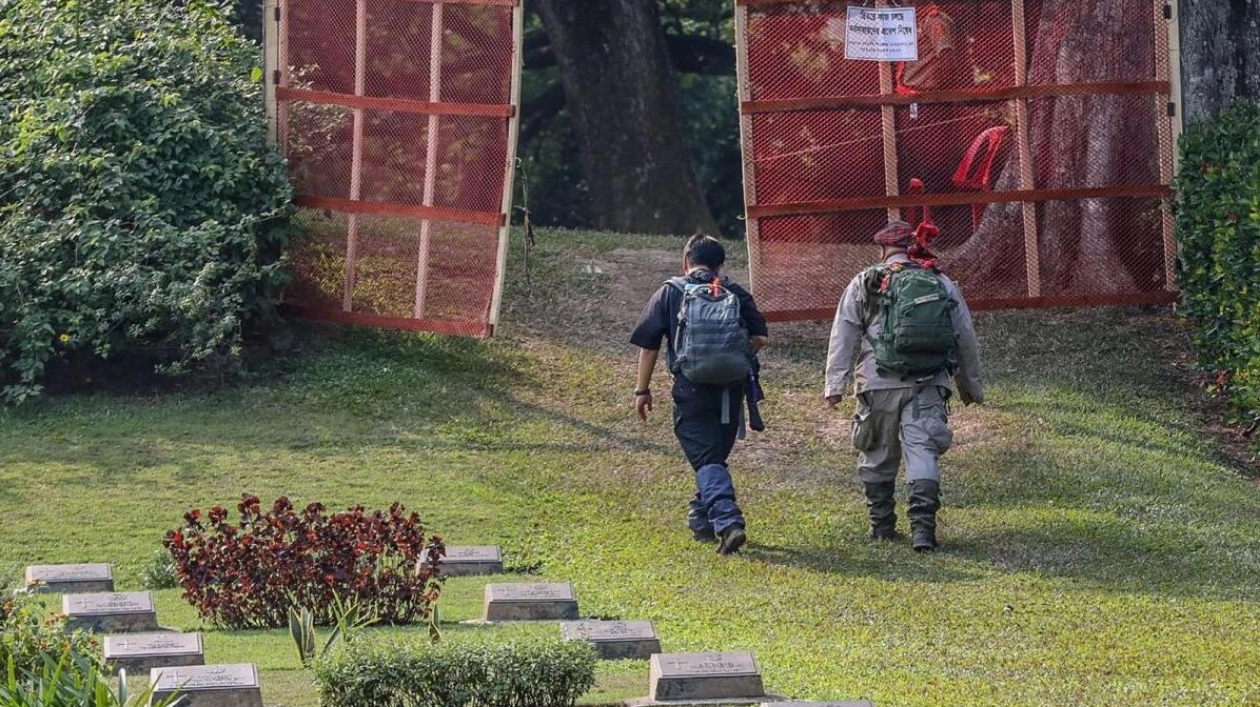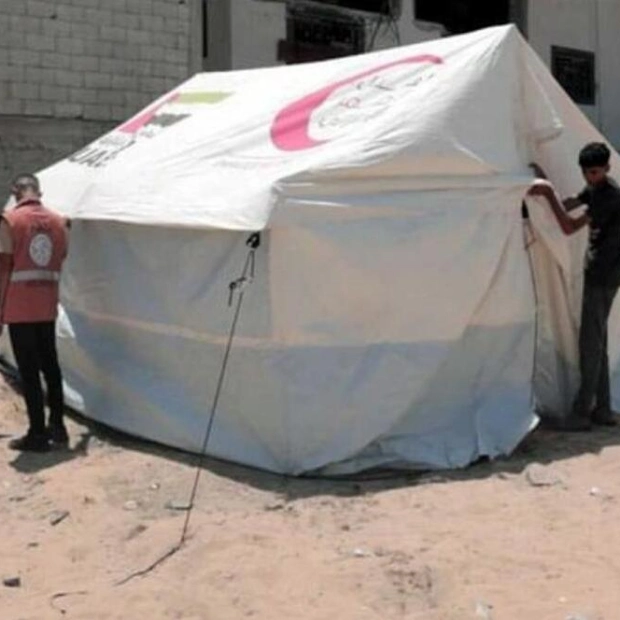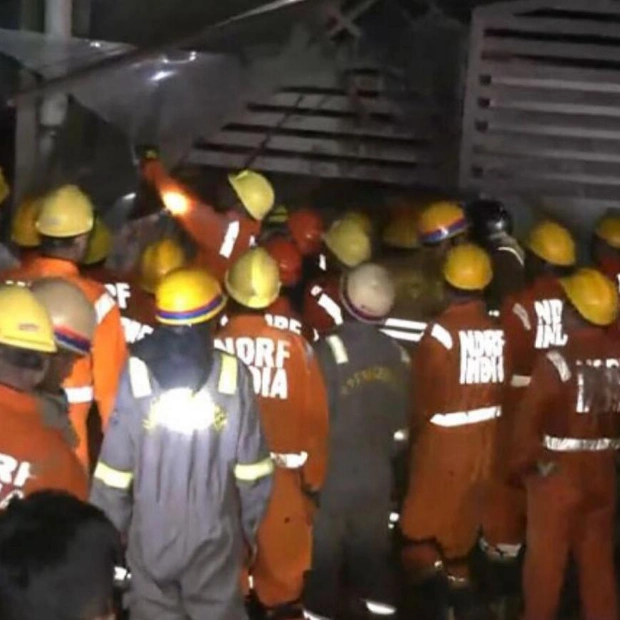Members of the Japan Association for Recovery and Repatriation of War Casualties are pictured at the Maynamati war cemetery in Comilla in eastern Bangladesh on November 22, 2024. — AFP
Japanese officials in Bangladesh are preparing the bodies of 23 soldiers who died during World War II to return them home after more than 80 years, exhumation teams said on Monday. The bodies were exhumed from Bangladesh's Maynamati war cemetery, near Comilla, where more than 700 people from multiple nations killed during the war were buried.
"Japanese soldiers were treated at the Maynamati field hospital, before succumbing to their injuries," said Hillol Sattar, Bangladesh country manager for the Commonwealth War Graves Commission, which runs the cemetery. The government-backed Japan Association for Recovery and Repatriation of War Casualties is organizing the recovery work to return the dead to Tokyo, the Embassy of Japan said in a statement.
The organization says it seeks to return remains of Japanese war dead, especially from regions that saw heavy fighting during the war — including the Philippines, Papua New Guinea, Solomon Islands, Indonesia and Myanmar. Japan fought in China and Burma — today, Myanmar — against Allied forces, and tried to invade British-ruled India, of which Bangladesh was then a part. The war ended in August 1945 after the United States dropped two nuclear bombs on Japan.
Sajjad Ali Zahir, a retired Bangladeshi army colonel who was part of the eight-member excavation team, said the identity of the bodies would first be checked. "The remains will undergo DNA matching, and once the process is complete, authorities will hand them over to the families," Zahir told AFP, adding the men were expected to be "buried with military honours". Eight decades on, the remains are in an "extremely fragile state", he added, saying they included both full skeletons as well as "skull fragments and bones".
Dhaka and Tokyo are close trading partners. Tokyo pledged its support for a "peaceful and democratic political transition" in support of interim leader Muhammad Yunus after the ouster in August of Bangladesh's long-time autocratic leader Sheikh Hasina.
Source link: https://www.khaleejtimes.com






